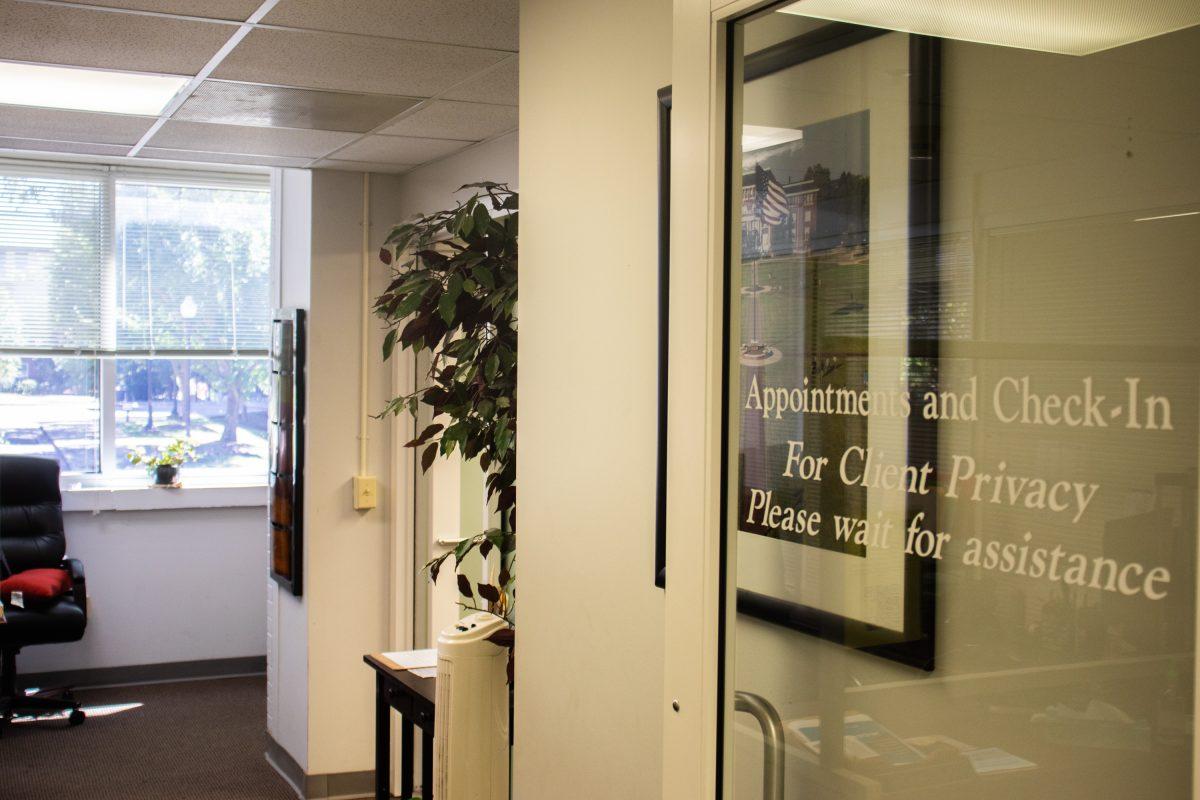Mississippi will be making significant strides in the coming year to meet the mental health needs of the state’s residents. The impetus to improve mental health resources in the state follows the recent ruling in a lawsuit imposed by the U.S. Department of Justice. According to Leah Willingham with the Associated Press, Judge Carlton Reeves ruled that the state was in violation of the Americans with Disabilities Act. As a result of this ruling, new standards will be put in place to ensure Mississippi falls in line with federal mandate. Willingham writes Mississippi will be required to track a wide array of data, including state hospital admissions, the number of patients who remain in state hospitals for more than 180 days and those who are put in jail while waiting for a state hospital bed. Of course, ensuring citizens with mental illness are taken care of in Mississippi should be a top concern for our lawmakers, and these new standards are a welcome change.
The issue however lies at the root— the over-diagnosis of mental illness as well as the stigmatization of those afflicted. Especially in the collegiate environment, students have the tendency to self-diagnose their everyday feelings and struggles as true psychiatric problems associated with real medical issues. In using the same terminology, those suffering become overshadowed. In a way, mental illness and how little it is understood by people on the outside becomes trendy and trivialized to the point of over-saturation. In order to better address the prevalence of mental illness across our society, a medical diagnosis should be reserved for those who desperately need the psychiatric help. That way, those who need the attention can focus on getting the help they need, as opposed to mental health professionals misdiagnosing common human emotions as clinical mental health issues.
Mental health issues have become over-diagnosed to the point where true mental health concerns become blurred with everyday problems facing most people. According to Katti Gray for CNN Health, a growing number of psychiatrists, psychologists and clinical social workers argue depression and other natural responses to life’s challenges are too often labeled as disorders and come with demands for medicine with dangerous side effects. These clinical diagnostics demand a certain degree of treatment either with hospitalization, therapy or prescription drugs for a disorder which might be misdiagnosed. According to Gray, the prevalence of mental illness has skyrocketed. Gray writes that the frequency of bipolar disorder in children has jumped 40-fold over the last two decades. Many kids go through life with this serious medical diagnosis having not even experienced a manic episode, which is the true mark of the disorder. This results in an artificial increase in the seeming prevalence of bipolar disorder. The epidemic of over-diagnoses blurs the line between those who need help to overcome their mental illness and those who are misdiagnosed.
In examining how the importance of mental illness became so heightened over the course of recent years, one of the factors is the trivialization of the mental health concerns to the point where it has become almost trendy to suffer from these adverse effects. Social media serves as a tool for people to interact with the world, and in the modern age people are more comfortable to talk about mental health to de-stigmatize those conversations and re-embrace those suffering into society. The social media market, however, has become oversaturated, and as Jess Joho from Mashable argues “We might have forgotten the fundamental and vital distinction between sad feels and the terms used to diagnose mental disorders, like anxiety and depression.” Words have power. People use them to neatly sort things into categories, and when the words become trivialized and overused, they no longer hold any power. Sadness does not equate to depression and nervousness does not equate to anxiety, as these are passing feelings that will ultimately go away given enough time.
Clinical depression and chronic anxiety, however, need to be addressed at a deeper level because there are often psychological problems as the root cause that require therapy and medication. The problem does not lie with people increasingly sharing their mental health issues with others on the internet, it lies with the ones who glorify and misappropriate those struggles without context. For many, having a platform to unload all of an individual’s frustrations upon can be a blessing, especially for those who do not have a community to help them through their emotional struggles. However, it is essential we do not overshadow mental illness and equate our everyday struggles to true psychological disorders which demand medical attention.
Categories:
Mental health self-diagnoses overshadow those who need true medical attention
John Lawrence | The Reflector
Counseling services on campus are available for all MSU students. Their office is located in Hathorn Hall.
0
Donate to The Reflector
Your donation will support the student journalists of Mississippi State University. Your contribution will allow us to purchase equipment and cover our annual website hosting costs.
More to Discover






